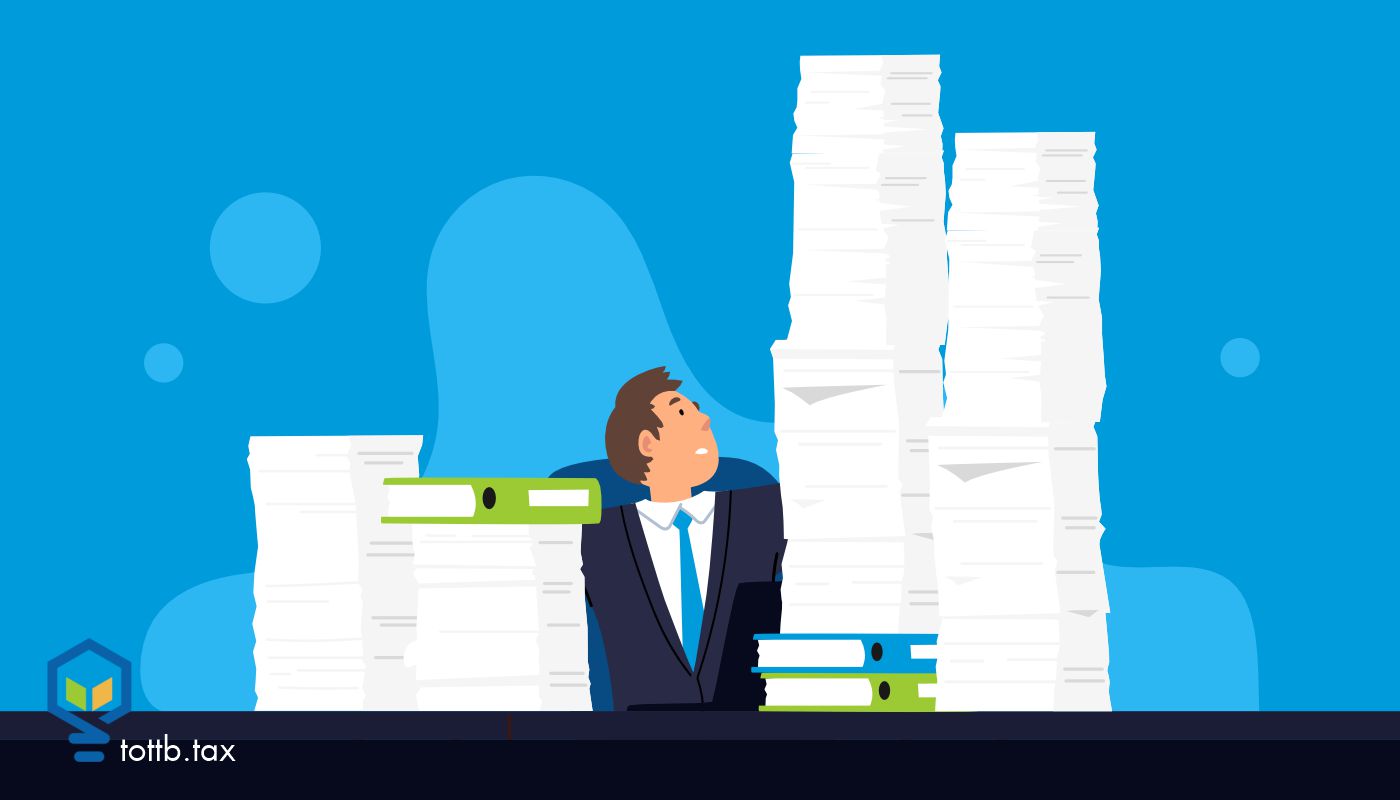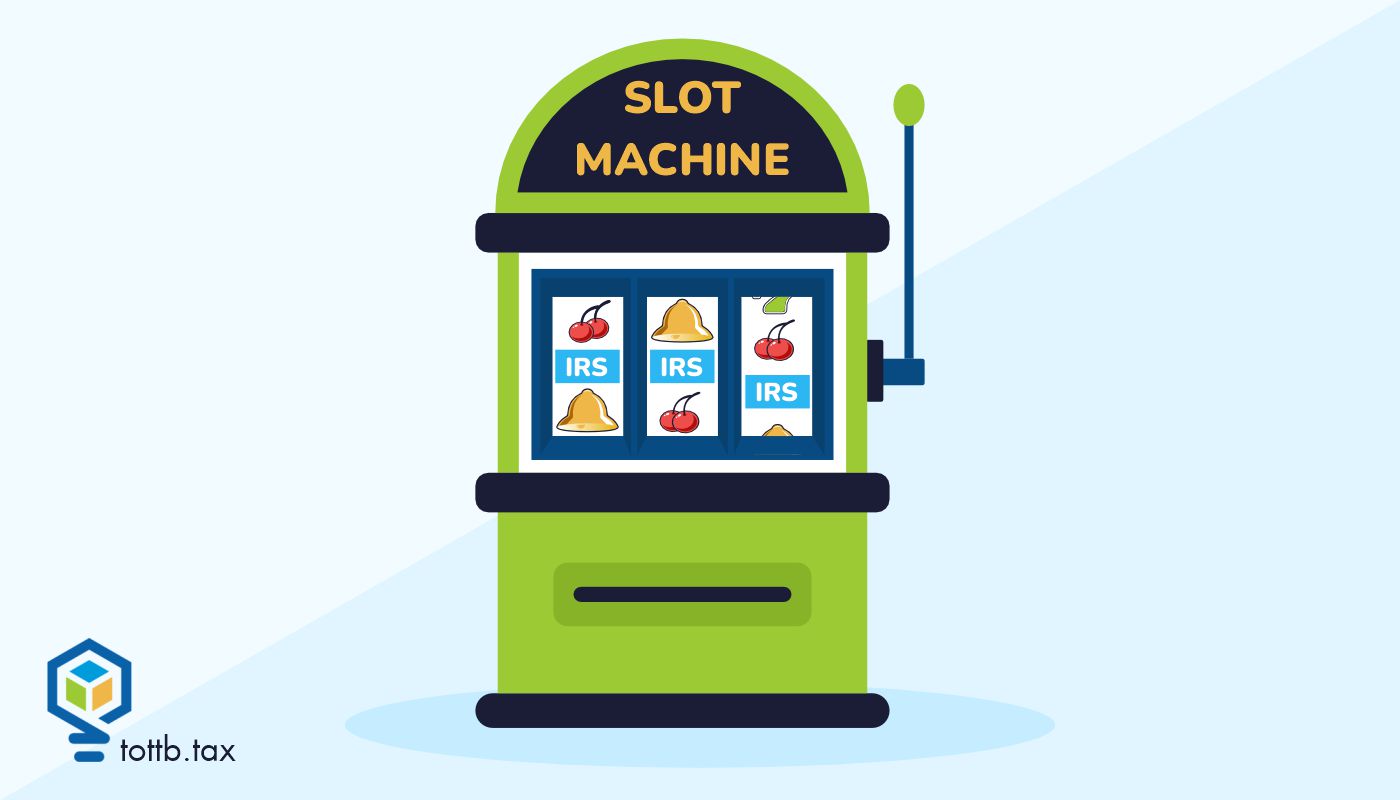Virginia finalizes a two-year budget with $4 billion in tax cuts… and billions more allocated toward education and law enforcement. Governor Glenn Youngkin signed off on the new plan just shy of the June 30th deadline, delayed in part by extended negotiations between the Republican-controlled state House and the Democrat-majority state Senate.
Though the final budget nixed about $1 billion in proposed tax cuts, the governor succeeded in getting approval for two key items—an increased standard income tax deduction and a decreased grocery tax. The state-level standard deduction rose from $4,500 to $8,000 for single taxpayers and from $9,000 to $16,000 for married couples filing jointly. The statewide grocery tax will be eliminated, but a local tax of 1% remains in place. Additionally, taxpayers will receive a one-time rebate of $250 for individuals and $500 for couples.
Notably, state lawmakers did not approve the governor’s proposal for a three-month gas tax holiday on the grounds that the savings might get distributed to wholesalers rather than consumers. The new budget also allocated a record-high $19 billion to public education, including increased pay for teachers and state employees and funding for “lab schools” that partner with colleges and universities.
A Washington court upholds Seattle’s JumpStart payroll tax… in response to a late 2020 lawsuit by the Seattle Metropolitan Chamber of Commerce that the tax was unlawful. The lawsuit had already been dismissed by a King County Superior Court in 2021, and the Division I Court of Appeals has now confirmed this ruling.
The JumpStart tax was approved by the Seattle City Council in 2020, introducing an annual payroll levy between 0.7% and 2.4% on salaries and wages for employees earning over $150,000 per year. The tax only applies to businesses whose total payroll amounts to $7 million or more. In 2021, Seattle collected $231 million in revenue from the new levy.
Opponents of the tax cite the fact that Washington state law deems taxes on net income to be illegal property taxes. Thus far, the courts have countered that the tax is levied on the business entity and not the employee, since employees cannot make any deductions from their compensation to pay for the tax. Others have also objected to the increased taxes in light of Seattle’s projected revenue shortfall, which is expected to total around $117 million in 2023.
Champions of the payroll tax earmarked the revenue to go toward more affordable housing, initiatives to reduce homelessness, and increased stability for the local economy.






